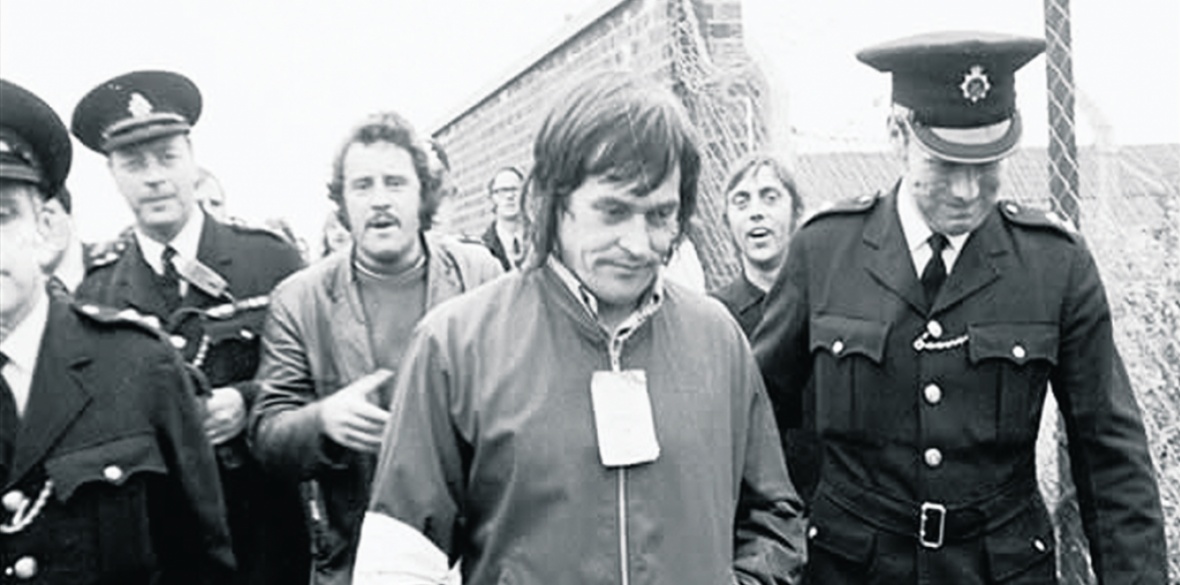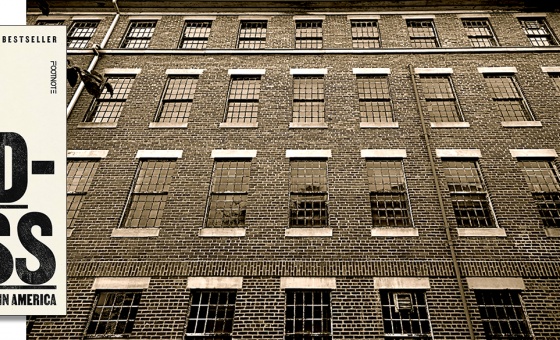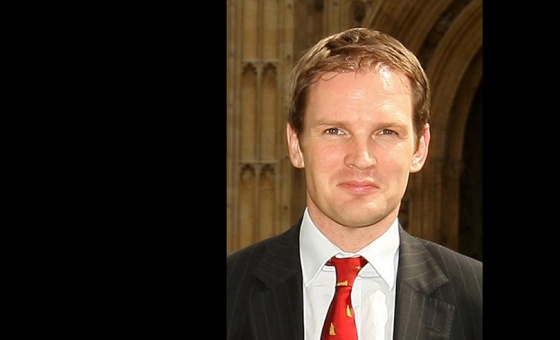This is the last article you can read this month
You can read more article this month
You can read more articles this month
Sorry your limit is up for this month
Reset on:
Please help support the Morning Star by subscribing here
Tony Merrick, who has just died was one of five shop stewards arrested in July 1972 whose imprisonment led to threats of a general strike, and helped to bring down a Tory government.
Over six days thousands of trade unionists flooded into the streets of London to protest at the arrests of the five Transport and General Workers Union pickets. Industry ground to a halt as workers all over the country walked out in support.
The mens’ arrest would become one of the defining moments in post-war industrial relations. Actions taken against the Pentonville Five as they became known would bring Edward Heath’s government into further disrepute resulting in his divisive Industrial Relations Act being largely shelved and his new formed National Industrial Relations Court (NIRC) losing all credibility.
On Friday July 21 1972 Tony Merrick, Derek Watkins and Conny Clancy were arrested outside the Midland Storage Company in Hackney. That night Bernie Steer was arrested, and the following day, Vic Turner.
They were arrested for ignoring an injunction brought by the NIRC to stop them picketing on the site.
The men had been secondary picketing in protest at proposals by employers to move their jobs to other depots. MSC, owned by Vestys, had applied to the court for an injunction after hiring private detectives to identify the men’s leaders, all five were named. Tony Merrick, a South London man, tough and principled from the Elephant and Castle working at the Nine Elms Cold Store who has died on the 48th anniversary of the arrests, was one of those singled out for prosecution.
Years later Merrick described his arrest and the atmosphere around it: “It was a feeling of how big this was, that stayed with me for several months. We were sitting in the van, the policeman with us was terrified, he kept giving us cigarettes, the van began to be rocked. He told us we were going to Pentonville as civil prisoners.”
That strange atmosphere continued, he was to remember with even the prisoners and the warders treating them differently: “It was like, not that we were gods, but like we were from space. One prisoner who was in for 20 years, told me that there was a red card outside my cell, he said he had never seen one before, red meant ‘no limited sentence’, he said to me you won’t purge yourself will you, no, I won’t I said. I wouldn’t like to be you he said. As he still had 15 years to do, I wasn’t very comforted.”
The men were treated better than the others in that their cells were fumigated.
On July 25 London saw one of its biggest demonstrations as thousands flocked to the gates of Pentonville Prison. The noise was so loud it could be heard inside. Merrick remembered: “We could hear noises, the sounds of the Welsh miners coming down singing, there was a low hubbub but those voices rose above it. We couldn’t see anything. The wardens were terrified that the gates of Pentonville were going to go.”
Faced by the threats of a TUC-led general strike, and looking for a way out of the confrontation, the government sent in the Official Solicitor to look at the case. On July 26, the men were suddenly set free.
Merrick recalled: “We knew something was going on – people were listening to radios. We were told we were getting out. We were taken in to a small room, there was a nondescript meek little man who explained why we were being let free; it all seemed like rubbish to me, we hadn’t purged our contempt.”
Outside the demonstrators were rapturous: “We were out of the gates on the shoulders and away. We made a few speeches, I wanted to thank everyone who had helped us. I just wanted to get home.” It took, Merrick explained, “a couple of years to get back to normality.”
Merrick, who was born on August 22 1936, like other dockers was to leave the industry as it was closed down.
Married in 1957 to Patricia, with two sons Michael and Paul, new ventures beckoned: he owned flower shops, coached wrestlers, showed dogs and played the spoons. His reminiscences of events are held at Warwick University. He, Vic Turner and Derek Watkins were to meet up at the 40th anniversary of their arrest.
Speaking in tribute, Unite general secretary Len McCluskey said he was “deeply saddened to hear about the death of Tony Merrick. As one of the Pentonville Five he took on a bad law and a terrible Tory government. I was there on the day he was carried high with his other comrades. What a day of pure joy and solidarity.”









